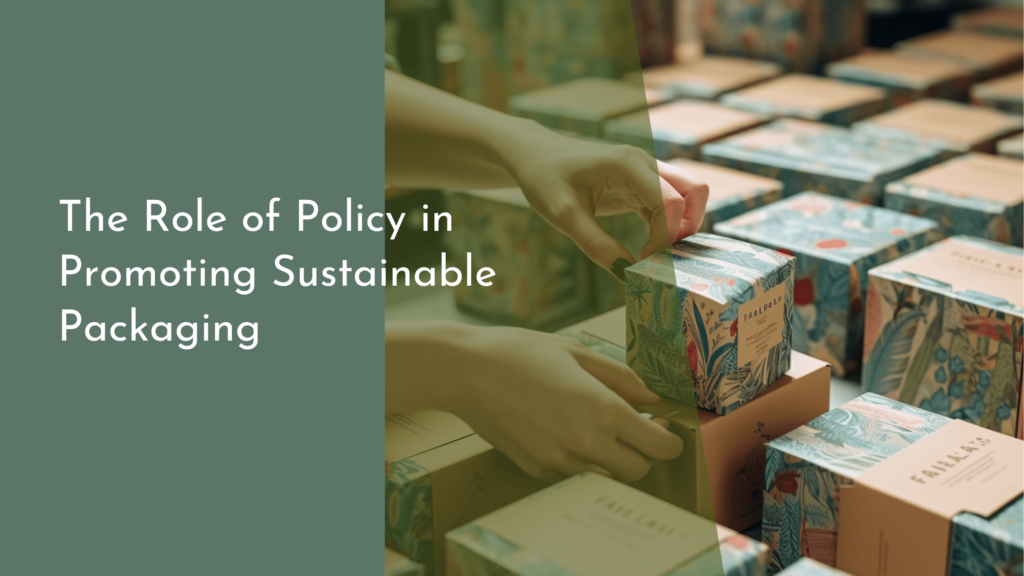Strategies to Replace Single-Use Plastics in Urban Areas
As urban areas continue to grow, the challenge of plastic waste becomes increasingly pressing. Single-use plastics, often found in everyday items like bags, bottles, and utensils, contribute significantly to pollution and environmental degradation. Fortunately, many cities are taking strides toward a more sustainable future by implementing strategies to replace these harmful materials. This article explores various approaches to reduce single-use plastics, focusing on eco-friendly alternatives, community initiatives, innovative urban designs, and empowering consumers. Together, these strategies can pave the way for cleaner, greener urban environments!
Discovering Eco-Friendly Alternatives to Plastics Today!
In the quest to reduce single-use plastics, innovative alternatives are emerging on all fronts. From biodegradable materials made from plant-based resources to reusable options, there are plenty of eco-friendly substitutes available. Products like beeswax wraps, bamboo straws, and compostable bags are gaining popularity, providing practical solutions that minimize plastic usage without sacrificing convenience. Additionally, companies are increasingly adopting sustainable packaging, incorporating materials like recycled paper and glass, which not only help the environment but also resonate with consumers’ growing desire for eco-conscious products.
Consumer awareness is key to driving the adoption of these alternatives. Educational campaigns in urban areas can inform residents about the environmental impact of single-use plastics and the benefits of switching to eco-friendly options. Workshops and local markets showcasing sustainable products can inspire individuals and families to make responsible choices. As communities embrace these alternatives, they not only reduce waste but also foster a culture of sustainability that encourages further innovation and participation.
Community Initiatives: Together for a Greener Tomorrow!
Community initiatives play a pivotal role in the movement to eliminate single-use plastics in urban settings. Local organizations and governments are collaborating to create campaigns that promote recycling, waste reduction, and responsible consumption. By organizing community clean-up events and educational workshops, these initiatives empower residents to take action and raise awareness about the importance of reducing plastic waste. Additionally, many cities are implementing policies that encourage businesses to adopt greener practices, such as incentivizing the use of reusable bags or offering discounts for customers who bring their containers.
Furthermore, local governments can establish plastic bans or restrictions that spur innovation among businesses. By setting limits on single-use items like straws, cutlery, and shopping bags, cities incentivize the development of sustainable alternatives and encourage consumers to adjust their habits. When communities come together for a shared purpose, the impact can be substantial. By fostering collaboration and involvement, these initiatives create a sense of accountability and collective responsibility toward a greener future.
Innovative Solutions: Urban Designs That Reduce Waste!
Urban design plays a crucial role in shaping environments that minimize waste and promote sustainability. Cities can incorporate waste reduction strategies into their infrastructure by building more reusable and recyclable facilities, such as refill stations for water bottles and bulk food stores. By creating accessible spaces for people to refill containers and purchase sustainable products, urban areas can significantly reduce reliance on single-use plastics. Additionally, incorporating green spaces and community gardens can foster a sense of connection to nature while providing educational opportunities about sustainability and responsible consumption.
Smart city technologies also offer innovative solutions to combat plastic waste. For instance, cities can use data analytics to track waste generation patterns and optimize collection routes, ensuring that recycling and composting efforts are maximized. Implementing smart bins equipped with sensors can help monitor waste levels and encourage proper disposal behaviors. By integrating technology into urban planning, cities can not only reduce plastics but also enhance overall sustainability and quality of life for their residents.
Empowering Consumers: Make Sustainable Choices Easy!
Empowering consumers to make sustainable choices is essential for replacing single-use plastics in urban areas. To facilitate this transition, cities can provide resources that simplify the process of selecting eco-friendly products. Creating user-friendly mobile applications that highlight local businesses committed to sustainability can help residents identify alternatives easily. Moreover, encouraging public transportation, biking, and walking reduces the need for convenience-based plastic products, allowing consumers to explore their communities while minimizing their ecological footprint.
Public education campaigns can further inspire consumers by showcasing the positive impacts of their choices. By promoting local success stories, cities can demonstrate that sustainable living is achievable and rewarding. Workshops and interactive events that teach residents how to make eco-friendly products or reduce waste at home can foster a sense of empowerment. When consumers feel informed and supported in their choices, they are more likely to embrace sustainable practices that contribute to a significant reduction in single-use plastics.
In conclusion, the quest to replace single-use plastics in urban areas is a collective effort that encompasses discovering eco-friendly alternatives, launching community initiatives, innovating urban designs, and empowering consumers. By embracing these strategies, cities can foster a culture of sustainability that not only benefits the environment but also enhances the quality of life for their residents. With cheerful determination and collaborative spirit, we can build a greener, more sustainable future—one plastic-free step at a time!


